Are you struggling to streamline your marketing processes and increase efficiency?
Do you find yourself overwhelmed with manual tasks and struggling to keep up with the demands of your business?
If so, you’re not alone.
Many businesses face these challenges when it comes to marketing automation.
As a seasoned marketing automation consultant with a proven track record of helping businesses like yours, I understand the frustrations and obstacles you face.
I have witnessed firsthand how businesses struggle to harness the power of marketing automation and maximize its benefits.
But fear not, because I’m here to guide you through the process and help you hire the best B2B automation consultant.
Imagine having an expert who automates repetitive tasks, nurture leads, and drive revenue growth to the next level.
Picture yourself with more time and resources to focus on strategic initiatives that will propel your business forward.
Sounds cool, right?
Well, let’s get started!
7 Key Skills to Look while Choosing a Marketing Automation Consultant
Choosing the right automation expert can make all the difference in the success of your marketing campaigns. As an experienced marketing professional, I understand the importance of finding a consultant who possesses the right skills and expertise to drive your business forward.
In this article, I’ll share the seven key skills you should look for when choosing a marketing automation consultant. My carefully curated selection process will ensure you find the perfect consultant who can revolutionize your marketing efforts and deliver exceptional results.
#1 The Visionary Navigator
Look for an automation expert who can envision the future of your marketing automation strategy and guide you towards achieving your goals. They should have a clear vision and be able to map out a strategic roadmap for your automation journey.
For example, a visionary consultant might propose implementing personalized email drip campaigns based on customer behavior and preferences, resulting in higher engagement and conversion rates.
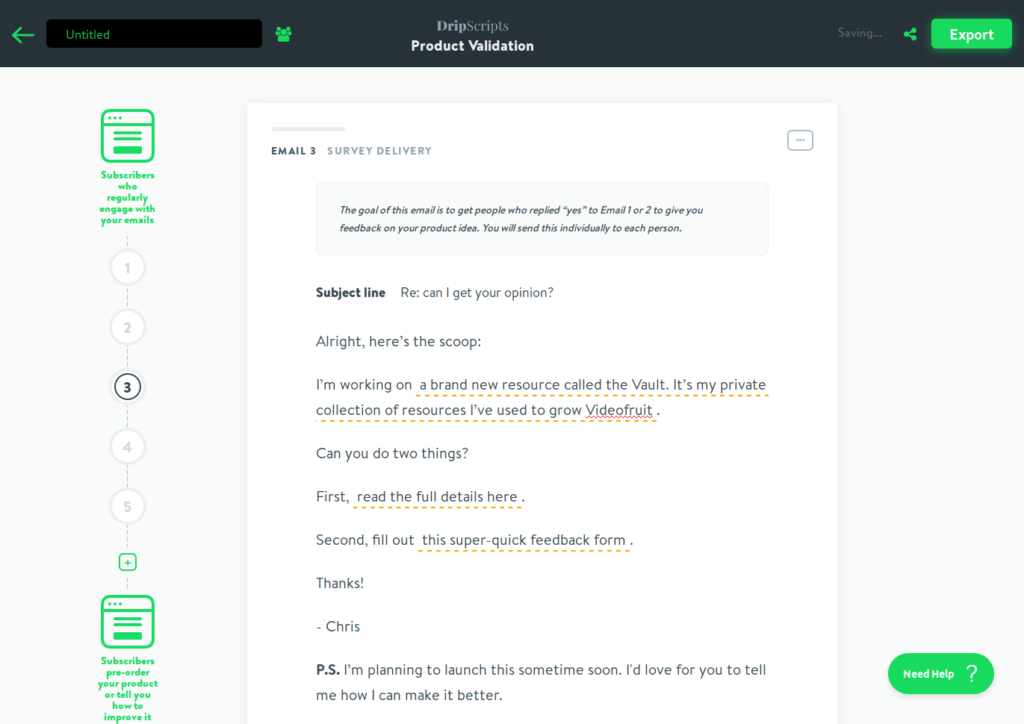
Source: Growthtools
#2 The Tech Maestro
Ensure your consultant has a deep understanding of marketing automation tools and platforms. They should be proficient in using and optimizing various software, such as Salesforce, HubSpot, or Marketo, to maximize your automation efforts.
For instance, a tech-savvy consultant could set up a lead scoring system using HubSpot, allowing you to prioritize and nurture high-quality leads effectively, resulting in a higher ROI on your marketing efforts.
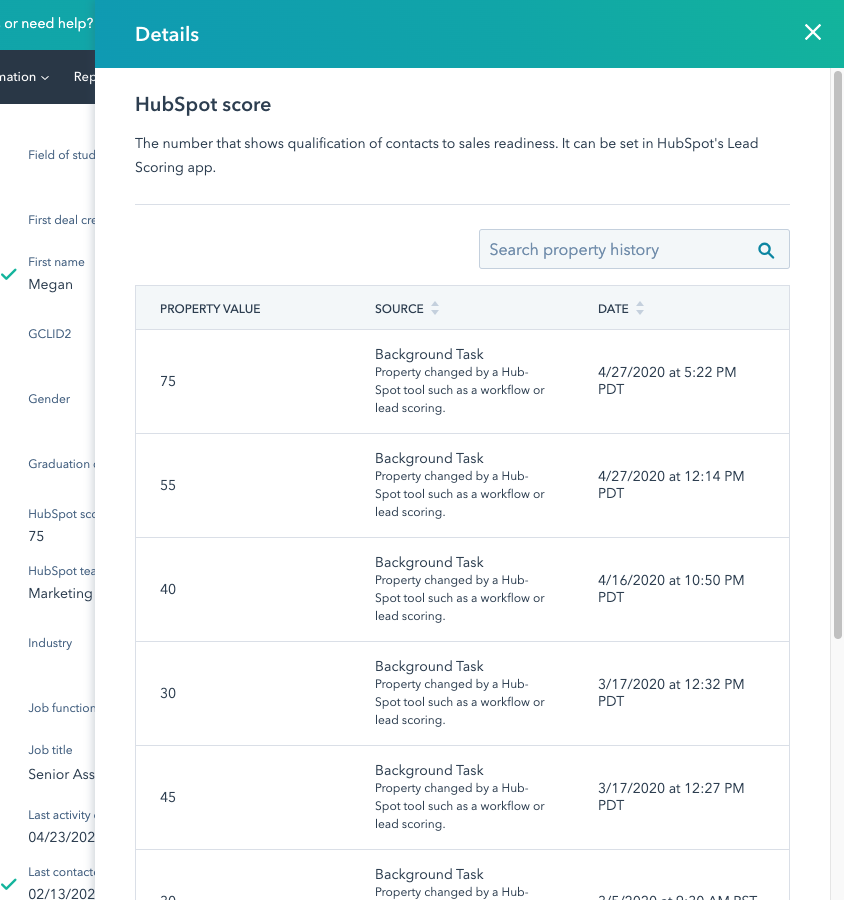
Source: Hubspot
#3 The Data Whisperer
Data is the backbone of effective marketing automation. Your consultant should possess strong analytical skills and be able to interpret data insights to refine your campaigns, segment your audience, and drive targeted messaging.
For example, a data-driven consultant might analyze customer behavior data and identify patterns to create personalized product recommendations, increasing upsell and cross-sell opportunities.
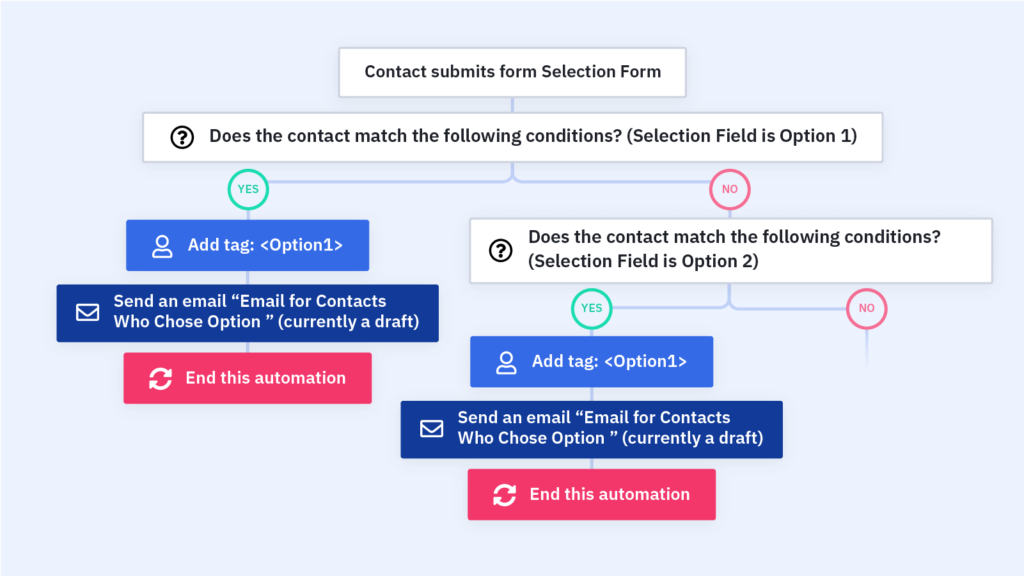
Source: Active Campaign
#4 The Content Alchemist
A successful marketing automation consultant knows the power of compelling content. They should have expertise in creating engaging and personalized content that resonates with your target audience at every stage of the customer journey.
For instance, a content-savvy consultant could develop a series of automated educational emails that provide valuable information to prospects, building trust and establishing your brand as an industry authority.
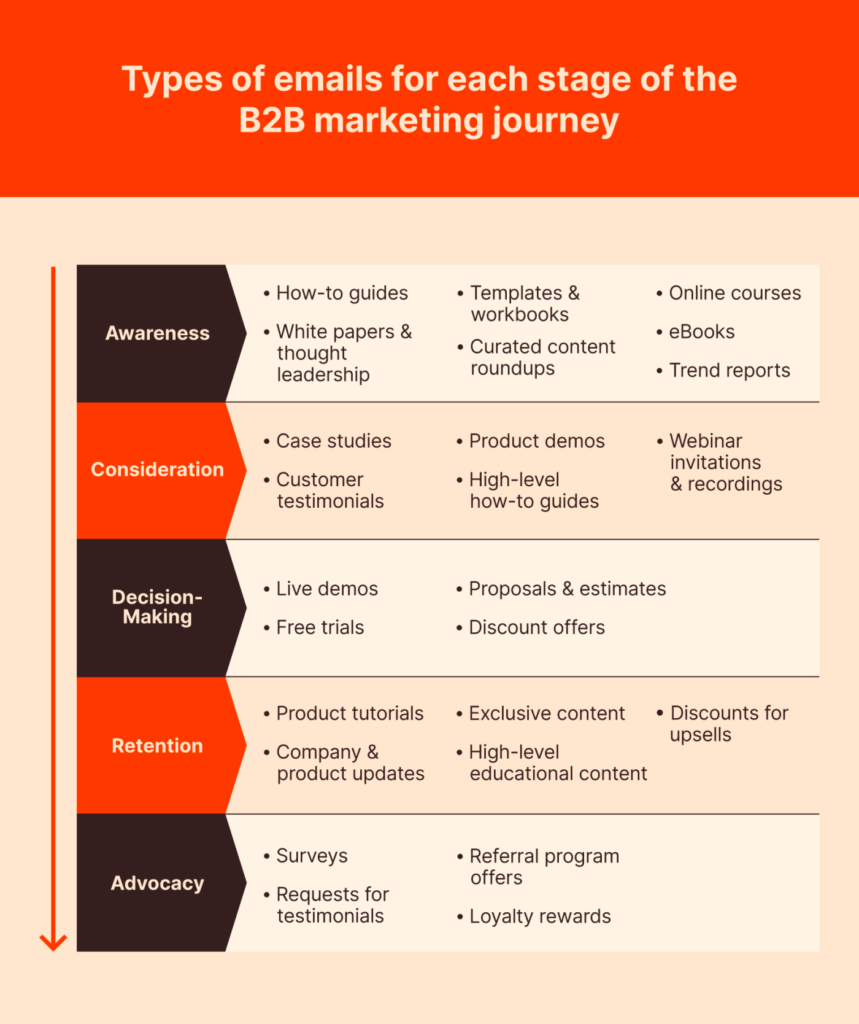
Source: Zapier
Click below to download free email marketing templates and use in your automation process.
#5 The Integration Maestro
Marketing automation doesn’t work in isolation. Your consultant should have experience in integrating automation with your existing systems, such as CRM, e-commerce, or analytics tools, to ensure a seamless flow of data and enhance your overall marketing efforts.
For example, an integration expert might connect your marketing automation platform with your CRM system to automate lead generation and handover processes, improving sales team efficiency.
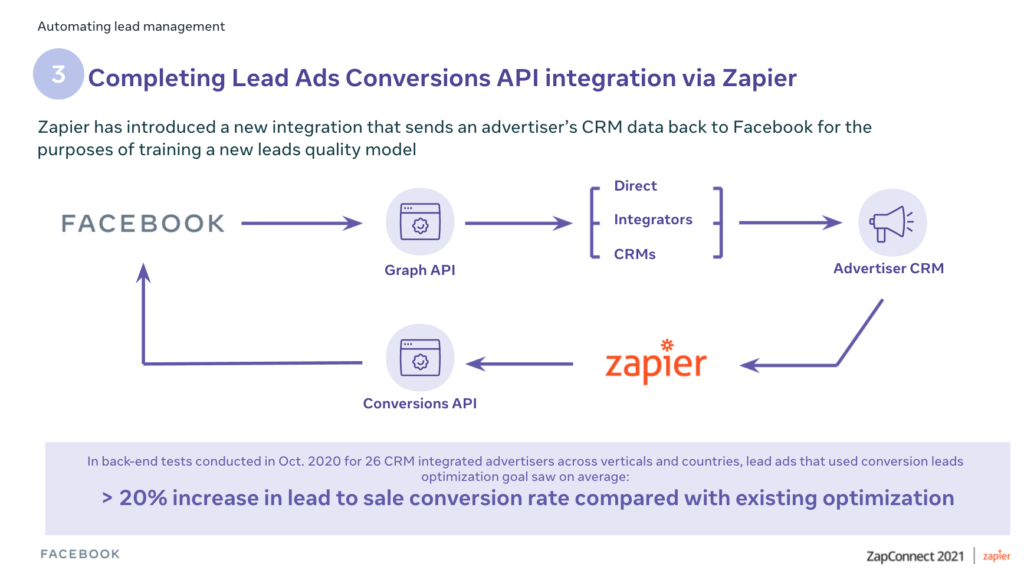
#6 The Conversion Engineer
Look for a consultant who understands the intricacies of lead nurturing, conversion optimization, and customer journey mapping. They should be able to design effective workflows and automation sequences that drive conversions and revenue growth.
For instance, a conversion-focused consultant could implement an abandoned cart email sequence for an e-commerce store, reminding customers of their incomplete purchase and offering personalized incentives to boost conversions.
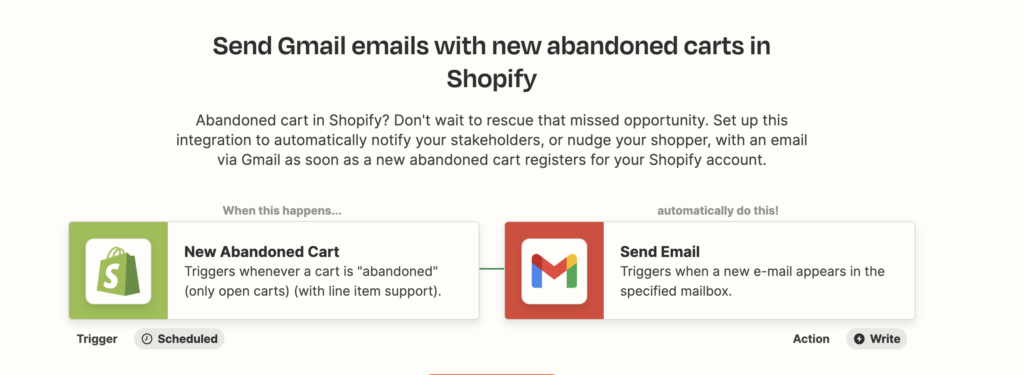
Source: Zapier
#7 The Growth Catalyst
A top-notch marketing automation consultant doesn’t stop at setting up campaigns. They should have a growth mindset and continually optimize and iterate on your automation strategy to ensure long-term success and a scalable approach.
For example, a growth-oriented consultant might conduct A/B testing on various elements of your automated email campaigns to identify the most effective subject lines, call-to-actions, or design elements, ultimately driving higher engagement and conversions.
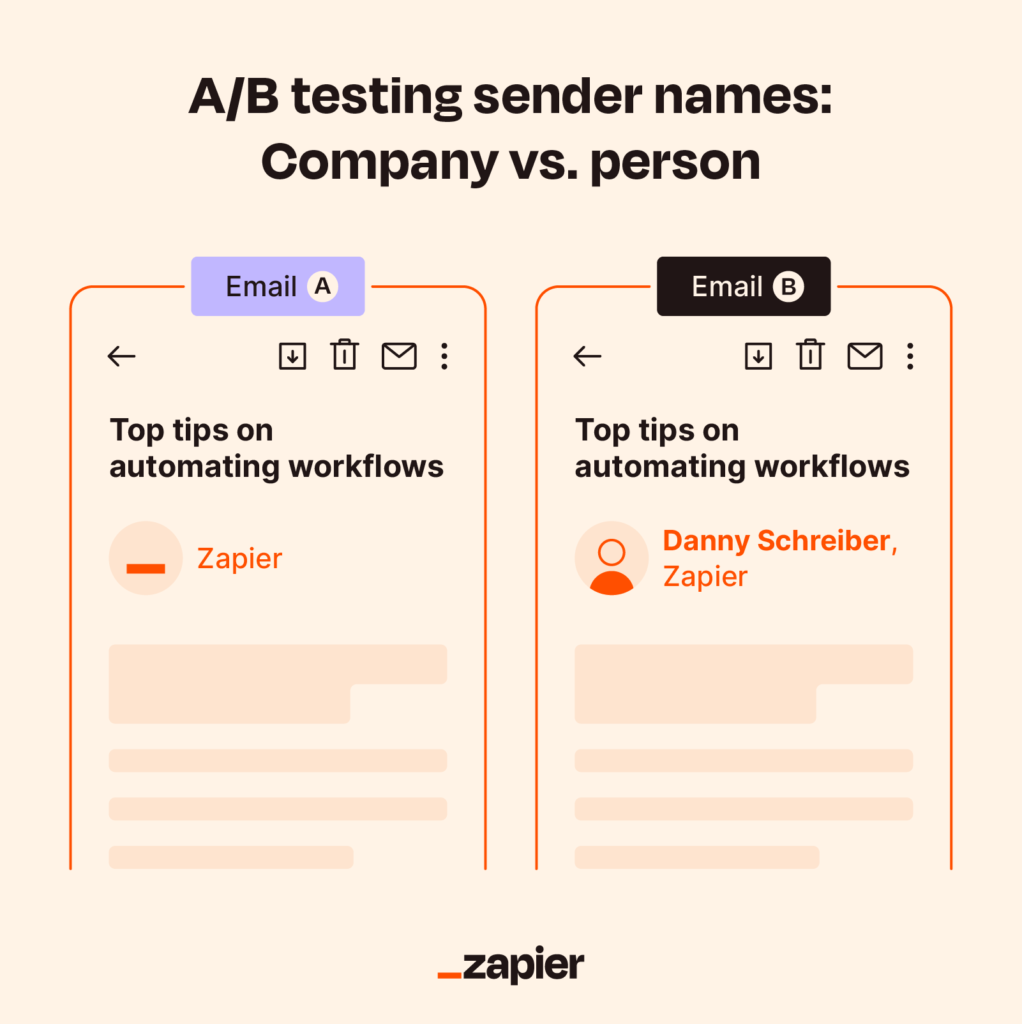
Source: Zapier
Who Is a Marketing Automation Consultant ?
A marketing automation consultant is a professional with expertise in utilizing marketing automation tools and strategies to streamline and optimize marketing processes. They are skilled in implementing automation workflows, analyzing data, and creating targeted campaigns that nurture leads and drive business growth.
These consultants are highly experienced in various areas such as lead generation, email marketing, customer segmentation, and conversion optimization. They possess a deep understanding of marketing automation platforms like Salesforce, HubSpot, Zapier or Marketo and can effectively integrate them with other systems to ensure a seamless flow of data.
One key insight to note is that a marketing automation consultant is not just a technical expert but also a strategic thinker. They align marketing automation efforts with the overall business objectives and customer journey to create a cohesive and impactful marketing strategy. Additionally, they stay up-to-date with industry trends and best practices to provide cutting-edge solutions and maximize the benefits of marketing automation for businesses.
How Can a Marketing Automation Consultant Benefit Your Business?
A marketing automation consultant can help your business achieve a range of key performance indicators (KPIs) that are crucial for success in today’s competitive market.
With their expertise, you can unlock the following benefits while saving valuable time:
Increase Lead Conversion Rate
By implementing effective lead nurturing strategies and automated workflows, they can help in improving your lead conversion rate. This means turning more leads into paying customers, ultimately boosting your revenue. Additionally, automation can save your team hours of manual work by automatically nurturing leads, resulting in increased efficiency and productivity.
For example, automating lead follow-ups and personalized email campaigns can save your team an average of 10 hours per week.
Enhance Customer Engagement
A marketing automation consultant can create targeted campaigns tailored to your customers’ interests and behaviors. By delivering relevant content at the right time, they can drive higher customer engagement. This can be measured through metrics such as click-through rates, website interactions, and social media engagement. Automation streamlines the process of delivering personalized content, saving your team significant time that would have been spent on manual outreach.
For instance, automating social media scheduling and content distribution can save your team approximately 5-8 hours per week.
Improve Marketing ROI
With the guidance of their support, you can optimize your marketing efforts and achieve a higher return on investment (ROI). By automating repetitive tasks, segmenting your audience, and delivering personalized content, you can maximize the effectiveness of your campaigns and reduce wasted resources. This automation can save your team hours of manual work, allowing them to focus on strategic planning and analysis.
For example, automating the creation and distribution of reports and analytics can save your team around 6-10 hours per month.
Streamline Sales and Marketing Alignment
By integrating your marketing automation platform with your CRM system, a consultant can foster better collaboration between your sales and marketing teams. This alignment leads to improved lead management, more accurate lead scoring, and increased efficiency in the sales process. Automation saves time by automating lead handover processes and reducing manual data entry, enabling your teams to work together seamlessly.
For instance, automating lead scoring and CRM updates can save your team an average of 4-6 hours per week.
Enhance Customer Retention and Loyalty
If you need help to implement strategies to nurture existing customers and encourage repeat business, they will be the first person to speak to. By automating personalized touchpoints, such as post-purchase follow-ups or loyalty programs, you can strengthen customer relationships, improve retention rates, and foster brand loyalty. Automation enables you to deliver timely and relevant messages without requiring extensive manual effort.
For example, automating customer feedback surveys and personalized offers can save your team approximately 8-12 hours per month.
To Sum Up
In this tutorial, I have shared insights on the key skills to look for when choosing a marketing operations consultant. With my experience and expertise in marketing automation consulting, I have assisted businesses of various sizes in optimizing their marketing processes and driving tangible results.
If you’re considering implementing marketing automation or need assistance with an existing system, you can book a meeting with me to discuss your project requirements.
With my personalized approach and deep understanding of the challenges you face, I can tailor my services to meet your specific needs.
Don’t miss out on the opportunity to unlock the power of marketing automation and take your business to new heights.
FAQ
Q1: What does a marketing automation consultant do?
A: A marketing automation consultant specializes in helping businesses streamline and optimize their marketing processes through the use of automation tools and strategies. They provide expertise in implementing automation workflows, analyzing data, and creating targeted campaigns to nurture leads and drive business growth.
Q2: What are the best marketing automation tools?
A: The best marketing automation tools vary depending on your business needs and goals. Some popular options include Salesforce Marketing Cloud, HubSpot, Marketo, Pardot, and Mailchimp. It’s important to evaluate factors such as features, integrations, ease of use, and pricing to determine the best fit for your specific requirements.
Q3: Is marketing automation the same as digital marketing?
A: No, marketing automation is not the same as digital marketing. While digital marketing refers to the broader practice of promoting products or services through digital channels, marketing automation focuses specifically on automating and optimizing marketing processes using software and technology. Marketing automation is a subset of digital marketing and helps businesses deliver targeted and personalized campaigns.
Q4: Do I need marketing automation?
A: Whether you need marketing automation depends on your business goals, resources, and marketing needs. Marketing automation can be beneficial for businesses looking to streamline processes, improve lead generation and conversion, enhance customer engagement, and achieve better ROI on marketing efforts. It can save time, increase efficiency, and provide valuable insights. However, it’s important to assess your specific requirements before deciding if marketing automation is right for you.
Q5: What is an example of marketing automation?
A: An example of marketing automation is an email nurture campaign. Using marketing automation software, you can set up a series of automated emails that are triggered based on specific actions or behaviors of your leads. These emails can deliver targeted content, nurture leads through the sales funnel, and guide them towards making a purchase. By automating this process, you can save time and deliver personalized messages to your audience at scale.
Q6: What is the difference between CRM and marketing automation?
A: Customer Relationship Management (CRM) and marketing automation are related but serve different purposes. CRM systems primarily focus on managing and organizing customer data, tracking interactions, and managing customer relationships throughout the customer lifecycle. Marketing automation, on the other hand, focuses on automating and optimizing marketing processes, such as lead nurturing, email campaigns, and campaign analytics. While CRM systems may include basic marketing automation features, marketing automation platforms offer a more comprehensive set of tools for managing and executing marketing campaigns.
Q7: What is the difference between sales and marketing automation?
A: Sales automation and marketing automation are two distinct areas that work together to drive business growth. Sales automation focuses on automating sales processes, such as lead management, contact management, and sales pipeline tracking. It helps streamline and optimize sales activities. Marketing automation, on the other hand, focuses on automating marketing processes, such as lead nurturing, email campaigns, and analytics. It helps attract, engage, and convert leads. While both systems can complement each other, they have different functions and purposes within the sales and marketing ecosystem.
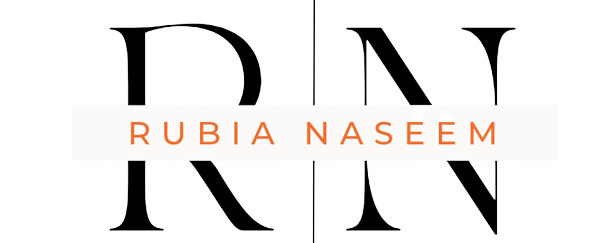




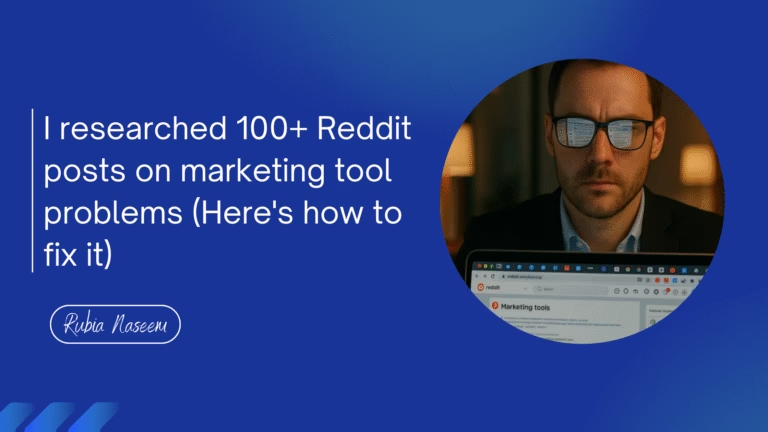
![How to master lead management automation [based on my 15 years exp]](https://rubianaseem.com/wp-content/uploads/2024/08/Blue-White-Modern-Marketing-Blog-Banner-4-768x432.webp)